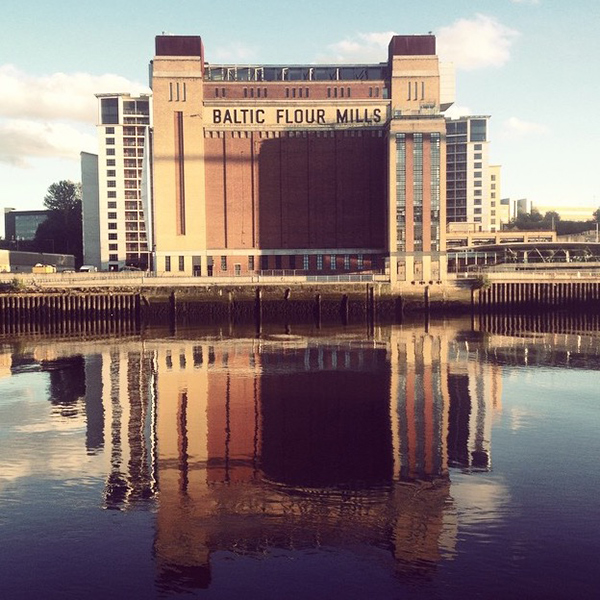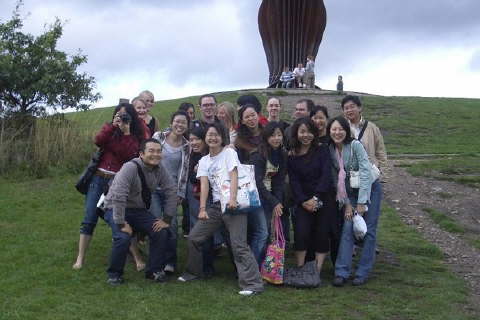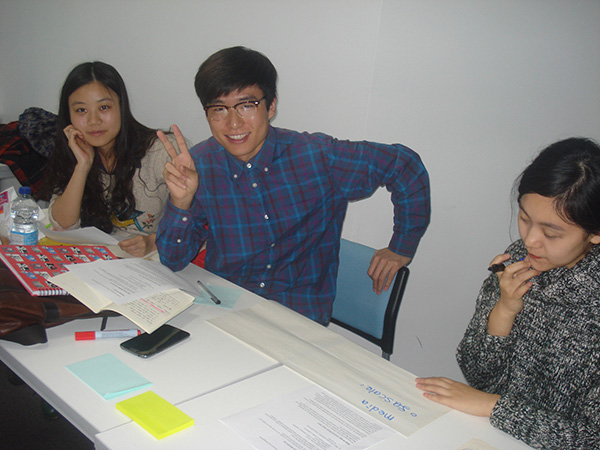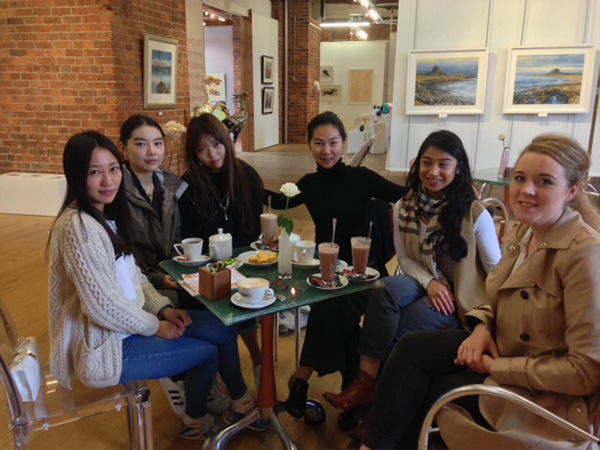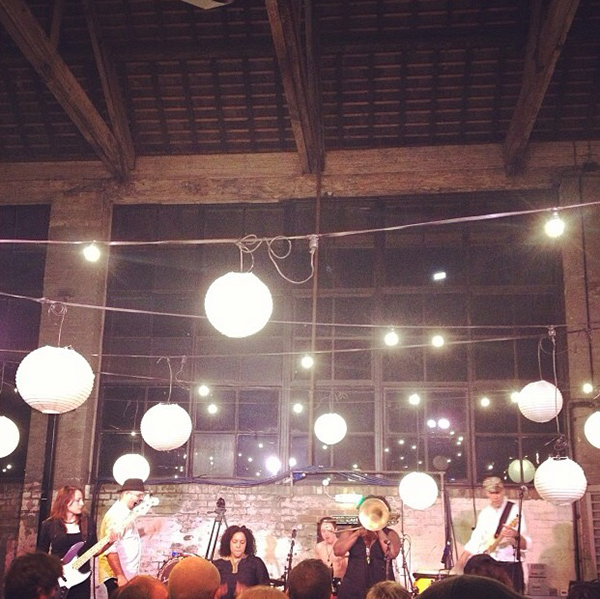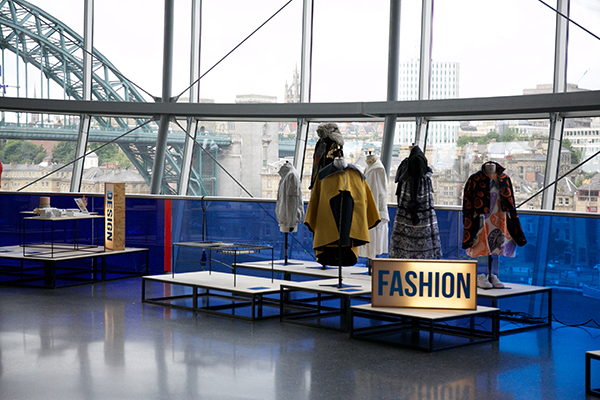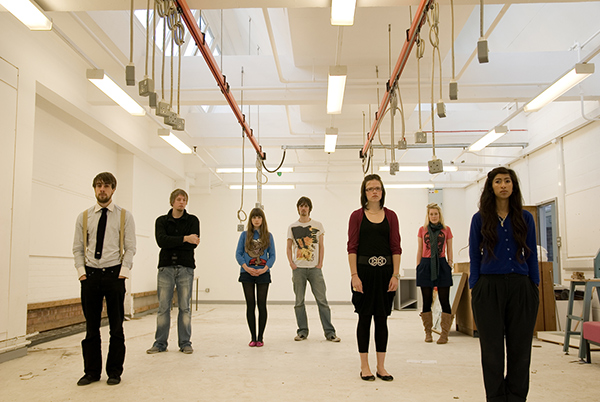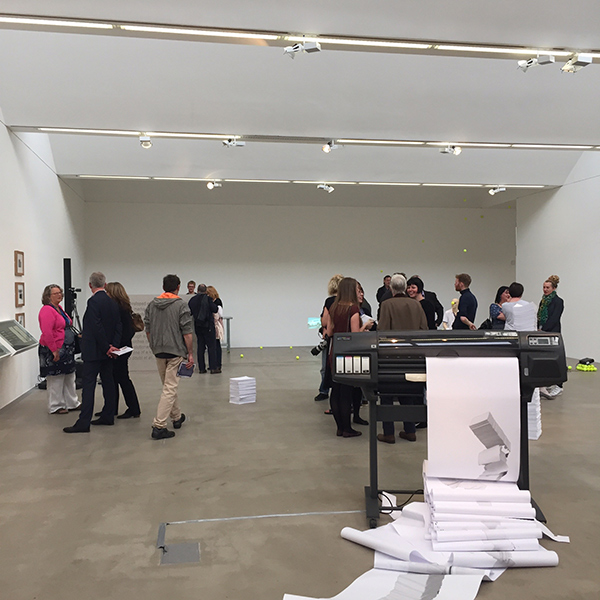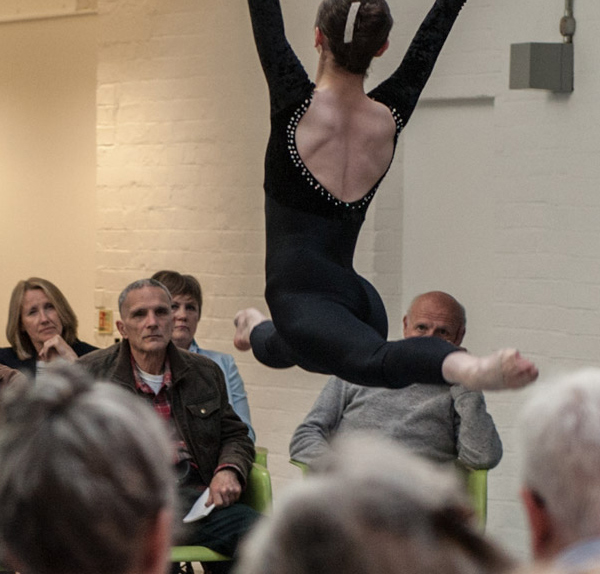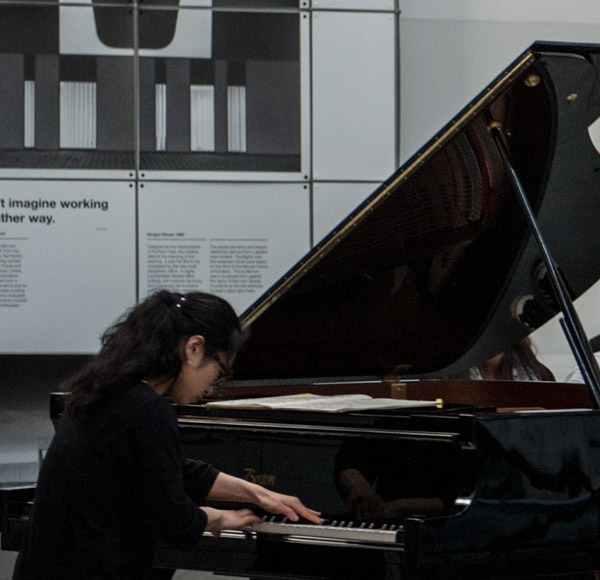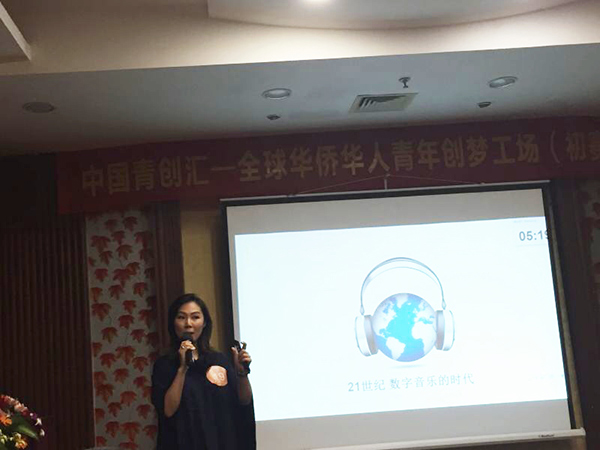-
Study
-
Quick Links
- Open Days & Events
- Unlock Your Potential
- Tuition Fees, Funding & Scholarships
- Open Day 25th October
-
Undergraduate
- Application Guides
- UCAS Exhibitions
- Extended Degrees
- School & College Outreach
- Information for Parents
-
Postgraduate
- Application Guide
- Postgraduate Research Degrees
- Flexible Learning
- Change Direction
- Register your Interest
-
Student Life
- Students' Union
- The Hub - Student Blog
- Accommodation
- Northumbria Sport
- Support for Students
-
Learning Experience
- Real-World Learning
- Research-enriched learning
- Graduate Futures
- The Business Clinic
- Study Abroad
-
-
International
International
Northumbria’s global footprint touches every continent across the world, through our global partnerships across 17 institutions in 10 countries, to our 277,000 strong alumni community and 150 recruitment partners – we prepare our students for the challenges of tomorrow. Discover more about how to join Northumbria’s global family or our partnerships.
View our Global Footprint-
Quick Links
- Course Search
- Undergraduate Study
- Postgraduate Study
- Information for Parents
- London Campus
- Northumbria Pathway
- Cost of Living
- Sign up for Information
-
International Students
- Information for International Students
- International Events
- Application Guide
- Entry Requirements and Education Country Agents
- Global Offices
- English Requirements
- English Language Centre
- International student support
- Cost of Living
-
International Fees and Funding
- International Undergraduate Fees
- International Undergraduate Funding
- International Masters Fees
- International Masters Funding
- International Postgraduate Research Fees
- International Postgraduate Research Funding
-
International Partners
- Agent and Representatives Network
- Global Partnerships
- Global Community
-
International Mobility
- Study Abroad
- Information for Incoming Exchange Students
-
-
Business
Business
The world is changing faster than ever before. The future is there to be won by organisations who find ways to turn today's possibilities into tomorrows competitive edge. In a connected world, collaboration can be the key to success.
More on our Business Services -
Research
Research
Northumbria is a research-rich, business-focused, professional university with a global reputation for academic quality. We conduct ground-breaking research that is responsive to the science & technology, health & well being, economic and social and arts & cultural needs for the communities
Discover more about our Research-
Quick Links
- Research Peaks of Excellence
- Academic Departments
- Research Staff
- Postgraduate Research Studentships
- Research Events
-
Research at Northumbria
- Interdisciplinary Research Themes
- Research Impact
- REF
- Partners and Collaborators
-
Support for Researchers
- Research and Innovation Services Staff
- Researcher Development and Training
- Ethics, Integrity, and Trusted Research
- University Library
- Vice Chancellors Fellows
-
Research Degrees
- Postgraduate Research Overview
- Doctoral Training Partnerships and Centres
- Academic Departments
-
Research Culture
- Research Culture
- Research Culture Action Plan
- Concordats and Commitments
-
-
About Us
-
About Northumbria
- Our Strategy
- Our Staff
- Our Schools
- Place and Partnerships
- Leadership & Governance
- University Services
- Northumbria History
- Contact us
- Online Shop
-
-
Alumni
Alumni
Northumbria University is renowned for the calibre of its business-ready graduates. Our alumni network has over 250,000 graduates based in 178 countries worldwide in a range of sectors, our alumni are making a real impact on the world.
Our Alumni - Work For Us
What will I learn on this module?
The module aims to develop your understanding of the Cultural and Creative Industries and their role and function within social, cultural, economic and political contexts. You will explore the theoretical and practical underpinnings of industry management in relation to policy, political economy and socio-cultural literature, policies, and professional and industry sources. Using global, national and local case studies, you will examine topics such as creative and knowledge-based economies, creative cities, cultural value and cultural regeneration, linking theory to the current creative and cultural environment and practices such as those in the Newcastle-Gateshead region. You will be encouraged to critically evaluate discourses and debates in the sector relevant to your developing professional practice as cultural managers, with particular reference to contemporary issues such as globalisation, digital technologies, diversified audiences, labour conditions and sustainability.
From this framework you will begin to formulate knowledge and ideas for your Masters dissertation. You will begin to learn about how to conduct research, choose research methodologies and analyse research information. With guidance from your tutor and fellow students, you will develop a formative and preliminal proposal for your dissertation, and this plan will be refined throughout the following semesters.
How will I learn on this module?
This module encourages self-directed learning, supported and guided by the teaching team of active academics. Lectures and seminars introduce the breadth and depth of ideas in the subject area and foster curiosity and analytical skills, alongside workshops and seminars where diverse approaches to practice offer a foundation for ongoing development of personal skills. We also focus on technology-enhanced, small-group and one-on-one approaches to teaching & learning, emphasising student-centred and practical activities and debates. Technology is central to this process as a tool supporting your everyday learning activities, whether as a campus-based or Distance-Learning student. These include our electronic Learning Platform or e-LP with collaborating and video/audio-enhanced features, electronic feedback, discussion boards, blogs and student websites.
How will I be supported academically on this module?
Your module tutor will play an active role in guiding you through module sessions, e-learning interactive activities and one-on-one electronic and academic tutorial support. Seminars, tutorials and guided and virtual visits will offer additional opportunities to discuss issues and ask questions. Course materials will be made available on the relevant module e-Learning Portal sites.
At Department and Faculty level, the Student Administration and Support Centre (SASC) provides a place to ask questions (e.g. regarding timetables, late submissions and personal extenuating circumstances). SASC will refer you to the correct university service if it cannot directly help you.
What will I be expected to read on this module?
All modules at Northumbria include a range of reading materials that students are expected to engage with. Online reading lists (provided after enrolment) give you access to your reading material for your modules. The Library works in partnership with your module tutors to ensure you have access to the material that you need.
What will I be expected to achieve?
Knowledge & Understanding:
1. Identify a broad range of academic and professional sources appropriate to policies, organisations and practices within the Cultural and Creative Industries sector
2. Show knowledge and understanding of social, cultural, economic and political contexts and issues affecting the Cultural and Creative Industries sector from local, national and global perspectives, such as globalisation, digital technologies, diversified audiences and sustainability
Intellectual/Professional skills & abilities:
3. Demonstrate the cognitive and intellectual skills required to assimilate, review, reflect and communicate on contemporary issues in the sector
Personal Values Atrributes:
4. Demonstrate a curiosity about cultural practice and its management
5. Identify issues of inter-cultural sensitivity in the management of cultural practice including global and intercultural dimensions of cultural and creative industries environments
How will I be assessed?
FORMATIVE
Formative assessment will be carried out throughout the seminar sessions where students will discuss literature, issues and themes; undertake problem-orientated tasks; and complete weekly e-tivities relating to a wider range of issues pertinent to cultural and creative industries. Peer and tutor feedback, and self-reflection, will encourage sensitivity, ethics and curiosity. An ungraded preliminary dissertation proposal will be produced as a formative assignment. Formative assessment will also be carried out through the briefing and development sessions in relation to the summative assessment.
SUMMATIVE
The summative assessment will be a 5000 word essay demonstrating their knowledge of a particular aspect of the social, cultural, economic or political context of the cultural and creative industries, and their ability to analyse discourses, impacts and potential approaches for addressing issues and debates within that particular topic area.
Pre-requisite(s)
none
Co-requisite(s)
none
Module abstract
Please find details of this module in the other sections provided
Course info
Credits 30
Level of Study Postgraduate
Mode of Study 1 year Full Time
1 other options available
School Design Arts and Creative Industries
Location City Campus, Northumbria University
City Newcastle
All information is accurate at the time of sharing.
Full time Courses are primarily delivered via on-campus face to face learning but could include elements of online learning. Most courses run as planned and as promoted on our website and via our marketing materials, but if there are any substantial changes (as determined by the Competition and Markets Authority) to a course or there is the potential that course may be withdrawn, we will notify all affected applicants as soon as possible with advice and guidance regarding their options. It is also important to be aware that optional modules listed on course pages may be subject to change depending on uptake numbers each year.
Contact time is subject to increase or decrease in line with possible restrictions imposed by the government or the University in the interest of maintaining the health and safety and wellbeing of students, staff, and visitors if this is deemed necessary in future.
Useful Links
Find out about our distinctive approach at
www.northumbria.ac.uk/exp
Admissions Terms and Conditions
northumbria.ac.uk/terms
Fees and Funding
northumbria.ac.uk/fees
Admissions Policy
northumbria.ac.uk/adpolicy
Admissions Complaints Policy
northumbria.ac.uk/complaints

